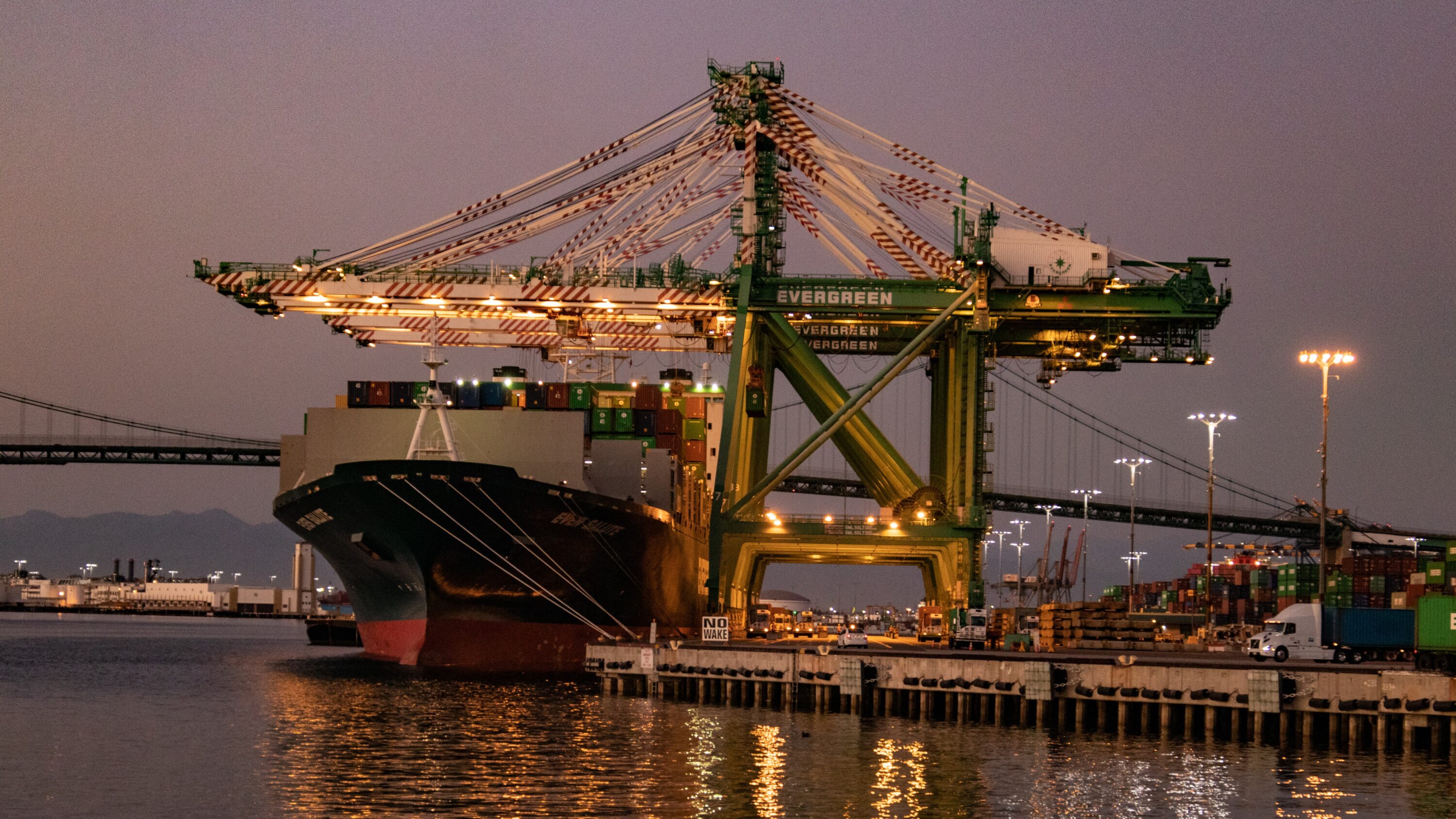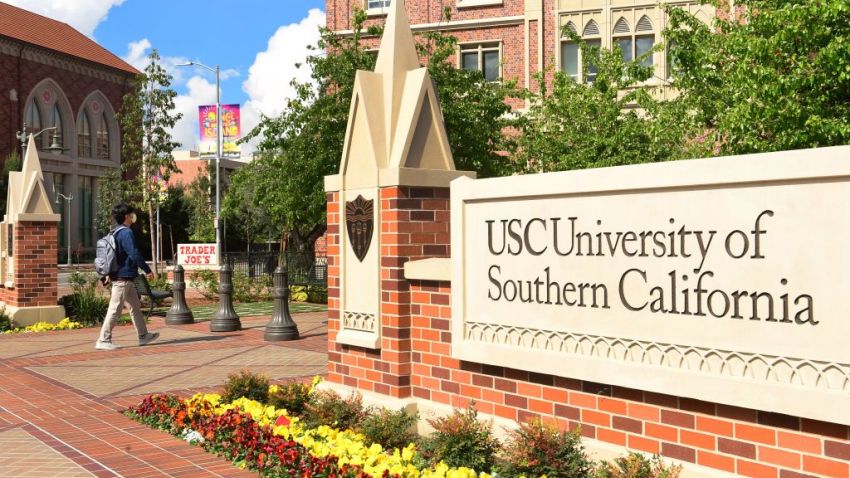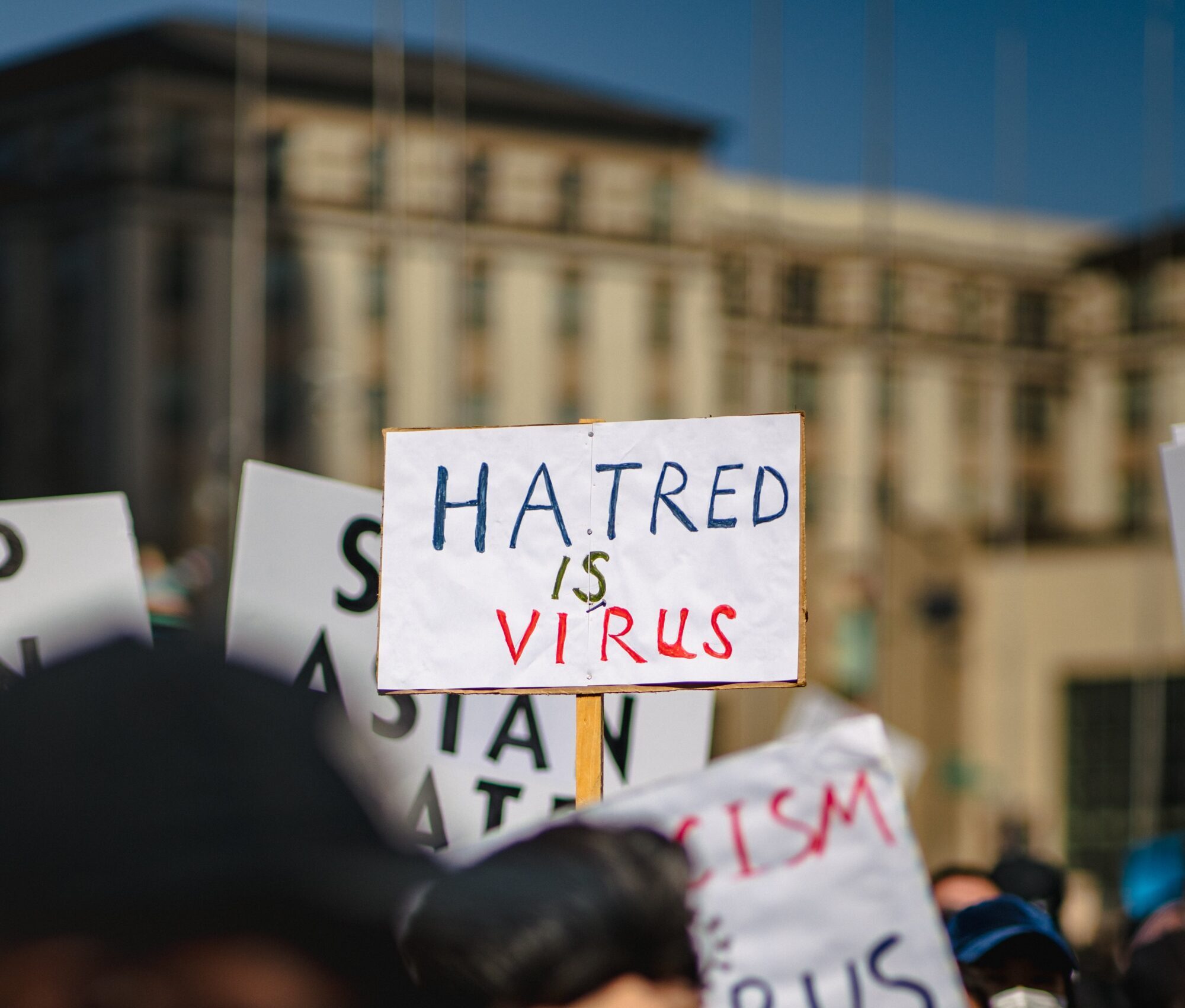Port of Los Angeles Executive Director Gene Seroka called the tentative rail labor agreement reached Thursday “great news” to avert “significant disruption to the U.S. economy,” but noted that challenges remain at the port and nationwide with rail shipments.
President Joe Biden announced the tentative deal Thursday morning, averting a potential strike that would have affected train commuters and supply chains throughout Southern California and the nation.
Metrolink and Amtrak were bracing for potential large-scale disruptions in service because of the possible strike, which had been set to begin at midnight Friday. As of Thursday, Metrolink services will operate as scheduled, and Amtrak was working to restore services it previously canceled in anticipation of the work stoppage.
In a statement released Thursday, Biden said the agreement is “an important win for our economy and the American people. It is a win for tens of thousands of rail workers who worked tirelessly through the pandemic to ensure that America’s families and communities got deliveries of what have kept us going during these difficult years.”
Despite the averted strike, Seroka said backlogs and bottlenecks remain on the national freight network. There are six times as many boxes moving via rail at the Port of Los Angeles now compared to February. Rail cargo is waiting more than seven days on average to ship, nearly four times longer than in February. There are 28,000 containers waiting for trains, well above the 9,000 units that Seroka would like to see. Of those containers, 16,000 are waiting longer than nine days.
“Under normal conditions, that number should be zero,” Seroka said. “So there’s still much more work for all of us to do.”
Seroka said cargo owners need to pick up their boxes faster.
“With that, we can load cargo into these trains and get them out of Southern California much quicker,” Seroka said.
Several unions representing tens of thousands of rail workers had been at an impasse with railroad companies, seeking more predictable schedules and work conditions. Of the 12 unions, nine had agreed to tentative deals as of Wednesday while the others remained at the bargaining table.
Metrolink and Amtrak were not directly involved in the negotiations, but a strike would have had an impact on service.
Metrolink was preparing to cancel some or all trains in Orange, Ventura and Riverside counties beginning at 8 p.m. Thursday. Ventura County Line service would have operated only between Los Angeles and Moorpark, and Metrolink would have offered alternate transportation beyond Moorpark.
Amtrak announced that it had been preparing to cancel long-distance trains beginning Thursday, including routes beginning in Chicago, Seattle and New Orleans with a final destination in Los Angeles.
Meanwhile, the Port of Los Angeles reported Thursday that cargo numbers eased in August. Last month saw a total cargo volume of 805,672 twenty-foot equivalent units (TEUs) move through the port, about 15% lower than last August and 9% below the five-year monthly average. The port received 404,313 imports, 17% lower than last August. Exports were roughly flat compared to last August at 100,484.
Even with projected softer volume in the second half of 2022, the port is still on track to have the second busiest year in its history, according to Seroka.
Seroka said some cargo that usually comes in the fall is already at the port, with cargo owners shipping early to guarantee arrival. He also noted that consumers remain nervous about high inflation, shippers are sending cargo to East Coast ports to avoid congestion and some cargo is being diverted locally to the Port of Long Beach.
Around 40,000 TEUs moved from the Port of Los Angeles to Long Beach in August, with Seroka describing a union discussion over “health and safety measures around the automated area” that he said would be resolved soon. But he said between 60,000 and 80,000 more units could be diverted to Long Beach in September.
“We want to keep the cargo flowing for the American people,” Seroka said. “That’s number one. We’ll settle this local issue pretty quickly and get back to the normalcy between L.A. and Long Beach pretty soon.”







